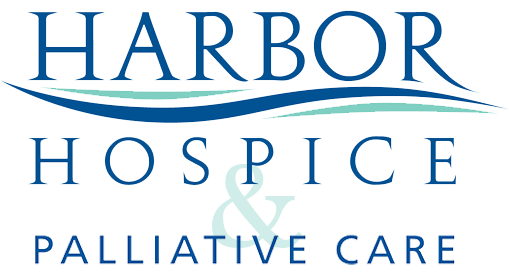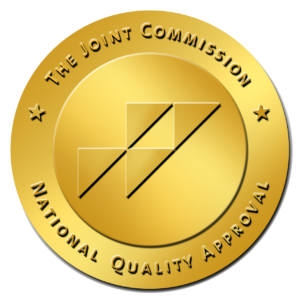Muskegon, MI – Harbor Hospice and Palliative Care recently achieved recognition by earning four rings in the 2023 Quality Connections program of the National Hospice and Palliative Care Organization (NHPCO). Quality Connections is the only national program designed to support hospice and palliative care provider delivery of high-quality, person-centered care.
Quality Connections is structured around four fundamental pillars which are represented by four rings: Education, Application, Measurement, and Innovation. Quality Connections participants are required to achieve milestones within defined timeframes by participating in activities such as quarterly data reporting and benchmarking, educational courses, case studies, and engagement on emerging issues; all of which serve to promote high-quality care delivery and service excellence. Achievement in the program is measured by completing activities within each of the four foundational areas, culminating in the closure of up to four rings.
By participating in Quality Connections program year 2023, Harbor Hospice and Palliative Care earned the highest achievement possible by closing four rings and has enhanced its quality improvement program and is up to date on the newest and best practices in serious illness and end-of-life care.
“NHPCO’s Quality Connections Program signifies the ongoing commitment of Harbor Hospice and Palliative Care to provide only the highest quality of care and is the right choice for patients and families facing serious illness in West Michigan,” said Susan Houseman, president and CEO of Harbor Hospice and Palliative Care.
“NHPCO is committed to helping hospice and palliative care providers deliver the best care possible to patients and their loved ones. Quality Connections was created to make the ongoing journey of excellence possible,” said NHPCO COO and interim CEO Ben Marcantonio. “The Quality Connections program continues to grow and include broader content and learning opportunities like compliance, palliative care, equity, and inclusion that serve our patients and communities across the continuum of serious illness and end-of-life care.”







